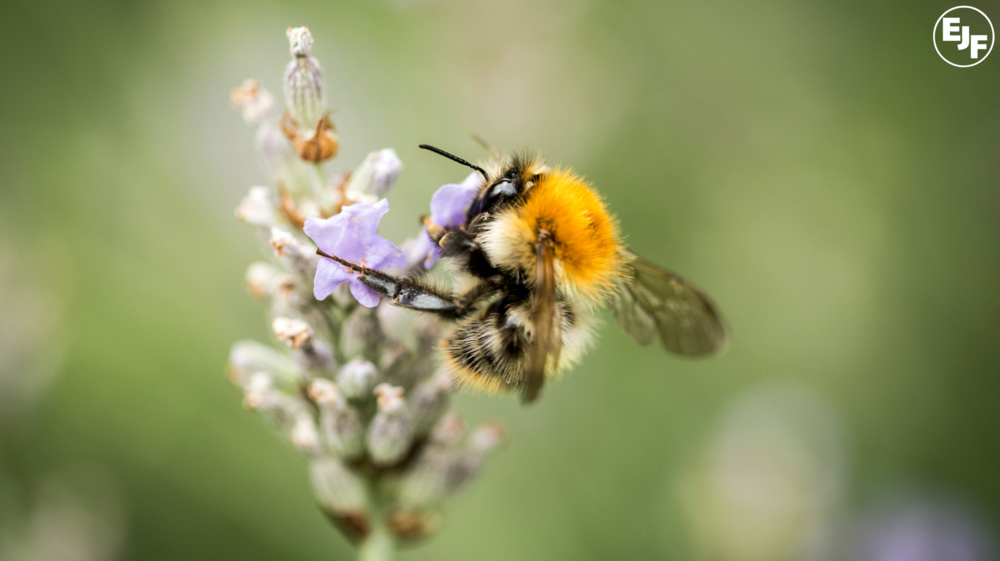
A Global Ban on Endosulfan
A victory for people and planet on EJF’s tenth anniversary!
"Both John Lewis and Waitrose support the EJF in its campaign to see a worldwide ban on the use of Endosulfan. We recognise that Endosulfan is a highly controversial agri- chemical because of its acute toxicity, potential bioaccumulation and its role as an endocrine disruptor." Gemma Lacey, Head of Corporate Social Responsibility, John Lewis Partnership
On Friday April 29th 2011, national delegates at the fifth conference of parties (COP5) agreed to list endosulfan under Annex A of the Stockholm Convention on Persistent Organic Pollutants (POPs).
The listing will result in the global elimination of endosulfan. Each country is now responsible for ending endosulfan production and use within their borders by 2012. Only three countries – India, China and Uganda – registered exemptions for continued use in order to control pests on specific crops including cotton, coffee, onion, potatoes, chillies and apples. Production and use in these countries can continue for five years (with the potential for additional delays if they introduce gradual phase-outs rather than immediate bans after this period).
EJF’s activities
EJF has been campaigning for a global ban on endosulfan with others including the Pesticide Action Network and Thanal since 2004, highlighting scientific evidence of the threats posed by endosulfan to the environment and human health.
Highlights of EJF’s campaign:
- More than 28,000 people from over 60 countries signed EJF’s petition to ban endosulfan in 2011
-
Support from celebrities including writer Anita Nair, musician and composer Ravi Shankar, and Academy Award-nominated directors Deepa Mehta and M. Night Shyamalan
-
Endosulfan withdrawn from use in products by 1,800 European chocolate, biscuit and confectionery manufacturers
-
Calls to action on endosulfan signed by retailers including Debenhams, C&A, H&M, Mothercare, Mango, Next and the John Lewis Partnership (including Waitrose)
-
The Government of Cambodia announcing a ban on the import, sale and use of endosulfan following the launch of 'End of the Road for Endosulfan'.
-
Endosulfan is one of the world's most hazardous agro-chemicals (c) EJF
Background to a global ban
The decision to list endosulfan under Annex A reflects the worldwide support for an end to endosulfan manufacture and use. Prior to the conference, more than 70 countries had already introduced national restrictions as a result of concerns about endosulfan use.
As a persistent organic pollutant (like DDT), endosulfan poses a unique threat to people and the environment. It is takes an extremely long time to break down naturally, is capable of travelling long distances from where it is applied, and is highly toxic.
Endosulfan is readily absorbed through human skin, the stomach and lungs and acute exposure can be fatal. Chronic exposure has been linked to severe physical deformities, delayed reproductive development, suppressed immunity, renal failure, cerebral palsy, epilepsy, increased risk of Parkinson's disease and infertility.
Exposure can also be devastating to livestock and wildlife. Studies have linked it to physical deformities in chickens and cattle, and in 2011 Kerala Agricultural University published research connecting endosulfan use on cardamom plants to declines in honeybees.
SIGN UP FOR OUR EMAILS AND STAY UP TO DATE WITH EJF